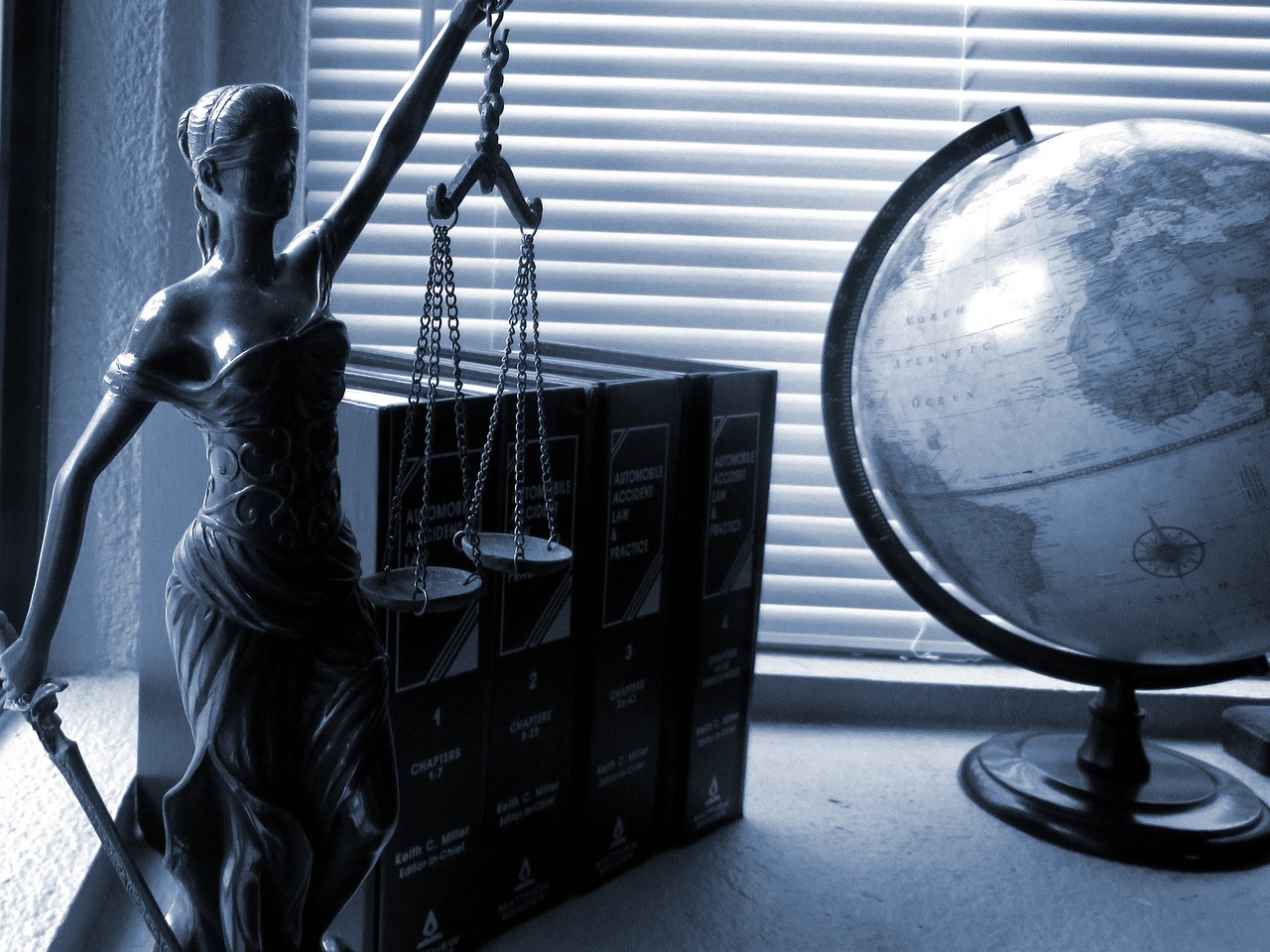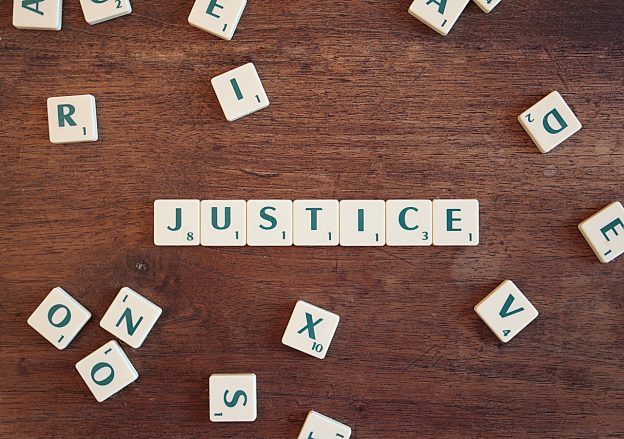Criminal procedure is a pivotal aspect of the legal system that ensures fairness and justice for individuals facing criminal charges. As a responsible citizen, it is crucial to have a solid understanding of this area of law to safeguard your rights and make informed decisions. In this article, we will delve into the intricacies of criminal procedure, explore common concerns and questions, and provide practical insights to help you navigate through the legal process. Whether you are a business owner, a company executive, or an individual accused of a crime, this article aims to empower you with the knowledge needed to protect your interests.
Criminal Procedure
Criminal procedure refers to the rules and processes that govern how criminal cases are handled within the legal system. It is a vital aspect of the justice system, ensuring that the rights of individuals accused of crimes are protected, while also promoting fairness, accountability, and due process.

Overview of Criminal Procedure
In an overview, criminal procedure encompasses a series of stages that occur from the moment a crime is committed to the final resolution of the case. These stages include arrest and detention, pretrial proceedings, plea bargaining, the trial process, sentencing, appeals, and post-conviction remedies. Each stage serves a distinct purpose and plays a crucial role in the administration of justice.
Importance of Legal Representation
One of the most vital elements of criminal procedure is the right to legal representation. Having an experienced criminal defense attorney on your side ensures that your rights are upheld and that you receive a fair trial. Legal representation provides guidance, support, and expertise throughout the criminal justice process, helping to safeguard your interests and advocate for the best possible outcome.
Stages of Criminal Procedure
Arrest and Detention
The process begins with the arrest and detention of an individual suspected of committing a crime. Law enforcement officers have the authority to apprehend individuals they believe to have engaged in criminal activity. However, they must have probable cause to make an arrest, and the arrest must be conducted in accordance with legal requirements.
Pretrial Proceedings
Once an arrest has taken place, the case moves into the pretrial stage. During this period, various activities and proceedings occur, such as initial appearances, bail hearings, discovery, motion practice, and plea negotiations. Pretrial proceedings are crucial for building a strong defense strategy, gathering evidence, and resolving legal issues before the trial begins.
Plea Bargaining
Plea bargaining is a common feature of the criminal justice system, occurring when the defense attorney and the prosecutor negotiate a mutually agreeable resolution without going to trial. This process involves the accused pleading guilty to a lesser offense or receiving a reduced sentence in exchange for providing valuable information or cooperation. Plea bargaining can expedite the resolution of a case and potentially result in a more favorable outcome for the accused.
Trial Process
If a case does progress to trial, it undergoes an intensive and meticulously regulated process. The trial process involves selecting a jury, opening statements, examination and cross-examination of witnesses, presentation of evidence, closing arguments, jury instructions, and the rendering of a verdict. Trials are complex and require skilled advocacy and strategic maneuvering by both the prosecution and defense to present their cases effectively.
Sentencing
Following a verdict of guilty or a plea of guilty, the court proceeds to the sentencing stage. The purpose of this stage is to determine an appropriate punishment for the convicted individual. Factors such as the nature and severity of the offense, criminal history, mitigating circumstances, and recommendations of applicable sentencing guidelines, are considered in arriving at a sentence.
Appeals Process
If a person disagrees with the outcome of their trial, they have the right to appeal the decision. The appeals process allows for a higher court to review the trial proceedings and determine whether any errors were made that may have affected the outcome. Appeals are based on legal arguments rather than the presentation of new evidence, and they play a crucial role in safeguarding the integrity of the legal system.
Post-Conviction Remedies
Post-conviction remedies refer to legal procedures available to individuals after they have been convicted and sentenced. These remedies serve as a means to challenge the validity of the conviction or sentence, alleging constitutional violations, ineffective assistance of counsel, newly discovered evidence, or other grounds for relief. Examples of post-conviction remedies include habeas corpus petitions, appeals, and motions for relief from judgment.
By understanding the various stages and processes involved in criminal procedure, individuals facing criminal charges can ensure that their rights are protected and that they have a fair opportunity to defend themselves. Obtaining knowledgeable legal representation early in the process is essential for navigating the complexities of the criminal justice system and achieving the best possible outcome.
FAQs:
-
Do I have the right to legal representation during criminal proceedings?
- Yes, you have the right to legal representation at every stage of criminal proceedings. It is crucial to hire an experienced criminal defense attorney to ensure your rights are protected and to guide you through the legal process.
-
What is plea bargaining, and should I consider it?
- Plea bargaining is the negotiation process between the defense attorney and the prosecutor to reach a mutually acceptable resolution without going to trial. Whether or not to consider a plea bargain depends on the specific circumstances of your case. Consulting with a defense attorney will help you make an informed decision.
-
Can I appeal the outcome of my trial?
- Yes, if you disagree with the outcome of your trial, you have the right to appeal. An appeals court will review the trial proceedings to determine if any errors occurred that may have influenced the verdict. Consulting with an appellate attorney is crucial to navigate the appeals process effectively.
-
What are post-conviction remedies, and when can they be pursued?
- Post-conviction remedies are legal procedures available after conviction and sentencing to challenge the validity of the conviction or sentence. These remedies can be pursued based on grounds such as constitutional violations, ineffective assistance of counsel, newly discovered evidence, or other legal grounds. Consult with an experienced attorney to evaluate the possibilities for post-conviction relief in your case.
-
How can a criminal defense attorney help me?
- A criminal defense attorney provides crucial legal representation throughout every stage of criminal proceedings. They protect your rights, build a strong defense strategy, negotiate on your behalf, and advocate for the best possible outcome in your case. Their expertise and guidance are instrumental in navigating the complexities of the legal system effectively.



